If you find yourself facing criminal harassment charges in Colorado, it’s crucial to understand the legal landscape, potential penalties, and how to mount a robust defense. Harassment, as defined by Colorado law, encompasses a range of behaviors, and the consequences of a conviction can be severe. In this comprehensive guide, we’ll explore the legal framework, examples of harassment, potential penalties, common defenses, and the significance of harassment-related laws like Kiana Arellano’s Law.
Legal Definition of Harassment in Colorado
According to Colorado law, harassment involves intentionally alarming, annoying, or frightening another person. This definition is quite broad, covering a wide spectrum of behaviors, from verbal threats to unwanted physical contact. Harassment can be charged as a stand-alone offense; however, it is oftentimes associated with domestic violence cases, where the legal implications are typically more severe.
Some examples of harassment include the following:
- Verbal Threats: Making threats of harm or violence, whether in person, over the phone, or online.
- Unwanted Contact: Engaging in unwanted physical contact or following someone against their will.
- Obscene Behaviors: Making obscene comments or gestures to an individual in a public place.
- Stalking: Persistent and unwanted attention, including repeated, intrusive behaviors that cause fear.
- Cyber Harassment: Harassing behavior through electronic means, such as online threats or stalking.
Potential Penalties for Harassment Charges in Colorado
Harassment in Colorado is considered either a petty offense or a misdemeanor, depending on the specifics of the situation. Penalties can include the following.
- Obscene public gestures or remarks are classified as a petty offense and can result in up to 10 days in jail and/or a fine of up to $300.
- Following a person in public or unlawfully touching another person is classified as a class 1 misdemeanor, with penalties of up to 364 days in jail and/or up to $1,000 in fines.
- Discriminatory harassment based on another person’s identity (i.e. perceived or actual race, gender, sex, religion, etc.) is also classed as a class 1 misdemeanor with the same set of penalties.
- All other forms of harassment are class 2 misdemeanors. These charges can entail up to 120 days in jail and/or up to $750 in fines.
If you are looking for a Denver criminal defense attorney to help you with a harassment charge, reach out to MBS Law today. We can walk you through the potential ramifications and help to mitigate them wherever possible.
Harassment Charges Related to Domestic Violence
When harassment is charged as domestic violence, it carries distinct legal implications. Here are key aspects to consider.
- Mandatory Arrest: In cases of domestic violence, law enforcement has a mandatory arrest policy if there is probable cause, which can intensify and/or expedite the legal proceedings.
- Protection Orders: Courts may issue protection orders restricting contact between the accused and the alleged victim. Violating these orders can lead to additional legal consequences.
- Impact on Child Custody: Domestic violence harassment charges can influence child custody decisions, potentially limiting visitation rights or affecting parental responsibilities.
If you are facing harassment-related domestic violence charges in Colorado, MBS Law can help support you throughout the process. Reach out to a member of our team today, and we can discuss the specifics of your case.
Workplace Sexual Harassment: Is It a Criminal Matter?
In most cases, workplace sexual harassment is a civil matter. However, when there is non-consensual sexual touching involved, the accused can face criminal charges for unwanted sexual contact. If this applies in your case, don’t hesitate to reach out to our team for assistance.
Common Defenses Against Harassment Charges
Mounting an effective defense against harassment charges requires a thorough understanding of Colorado’s legal system. Common defenses include:
- Lack of Intent: Showing that the accused didn’t intend to cause harm or fear.
- False Accusations: Demonstrating that the allegations are false or based on misunderstandings.
- Free Speech: Defending actions as protected speech, particularly in cases involving verbal harassment.
- Consent: Arguing that the alleged victim consented to the behavior in question or had no reasonable expectation of privacy.
- Insufficient Evidence: Challenging the prosecution’s evidence and raising doubts about the case.
Kiana Arellano's Law: What Is It and Why Is It Relevant?
Passed in 2015, this law is named after Kiana Arellano, a teenager from Highlands Ranch who attempted suicide after being cyber-bullied. The statute labels online communication that is obscene or threatens bodily injury or property damage as harassment in the state of Colorado. Kiana Arellano’s Law was the first of Colorado’s harassment laws to expressly prohibit cyberbullying.
Seeking Legal Guidance for Harassment Charges
Navigating harassment charges requires the expertise of a skilled Denver criminal defense attorney. The best criminal defense attorneys in Denver, like those at our firm, offer personalized strategies tailored to your specific case. From assessing the evidence against you to exploring possible defenses, an experienced lawyer can significantly impact the outcome of your case for the better.
When it comes to your rights and freedom, time is of the essence! Reach out today and get started with a FREE consultation.












